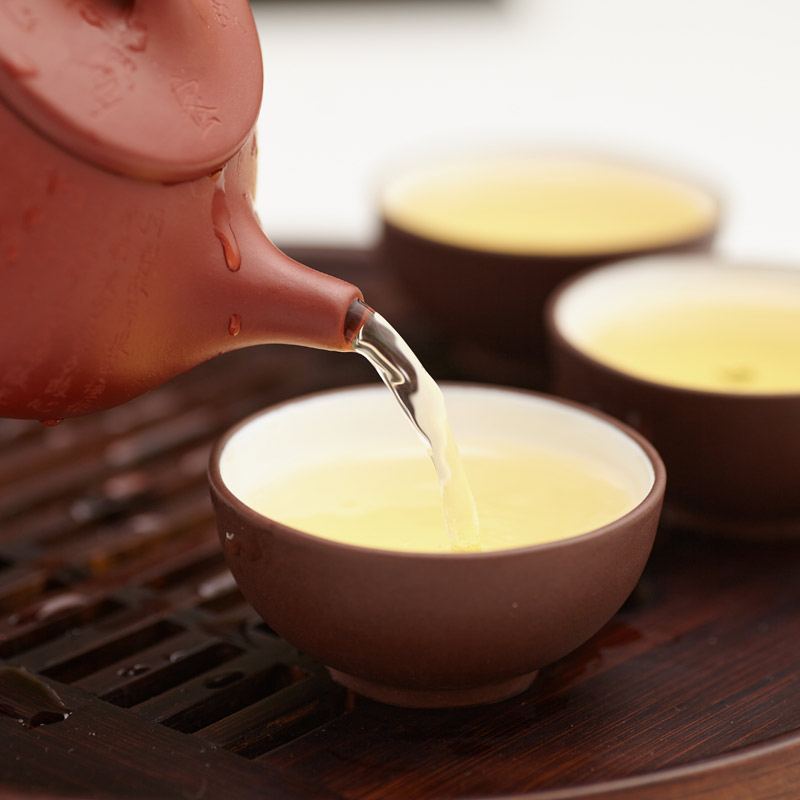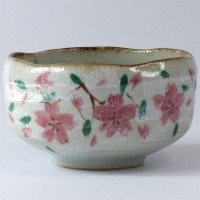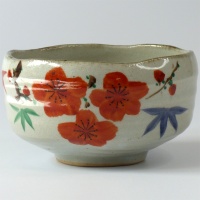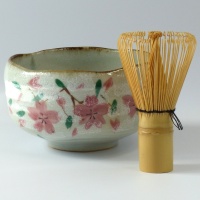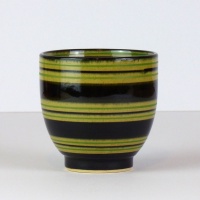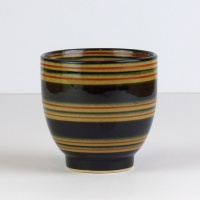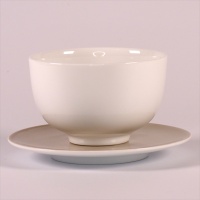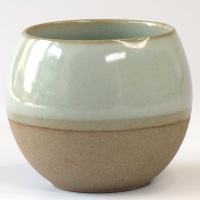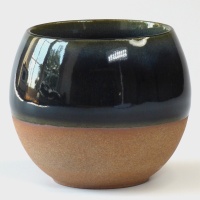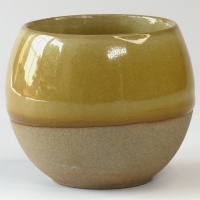In Japan, drinking tea is a cherished activity which is surrounded by tradition and ceremony. It’s a moment to conjure feelings of harmony and tranquility and to savour the delicate taste and aroma of Japanese tea.
Many people know a little about the formal Japanese tea ceremony where the very act of preparing, serving and drinking matcha tea is a solemn ritual. But enjoying tea at home or in a café is also a time for relaxation and mindfulness.
It’s fair to say that tea drinking in Japan is an important part of people’s well being and cultural life.
Therefore it’s easy to see why Japanese tea cups, even cheap, mass produced ones, are imbued with a beauty and significance of their own and treasured tea cups may end up being passed down through families for many generations.
Aesthetics and style
When serving tea, whether for yourself, for friends or at more formal occasions, the design and style of the cup will have an important part to play in creating the appropriate atmosphere and will only add to your enjoyment of the tea.
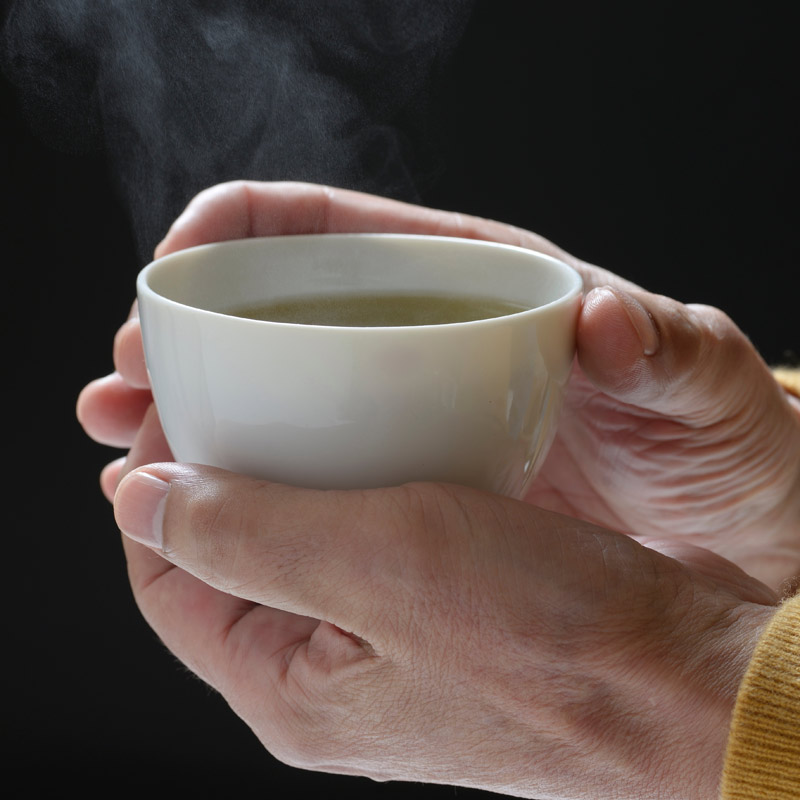
The aesthetic of the cup is important: Does it have rustic charm? Or maybe it is fine porcelain. Does the design match the season or the type of tea being served? Maybe the colours make you feel more relaxed or create an attractive table setting.
All the senses are involved here, how it feels to hold the cup in your hand and how do you feel when you drink from it.
In general, Japanese tea cups don’t have handles, holding it in your hand and feeling the warmth of the drink gives you a comforting feeling. There’s a good tip here too as, if the cup is too hot to hold then the water you used was too hot. You should make green tea with water around 70°C or it will taste bitter.
In summer when you might prefer iced tea or cold sake, the feel of cool ceramic will refresh you. Glass tea cups are also popular in summer months as they will have a clear, cool look that’s especially good for iced tea.
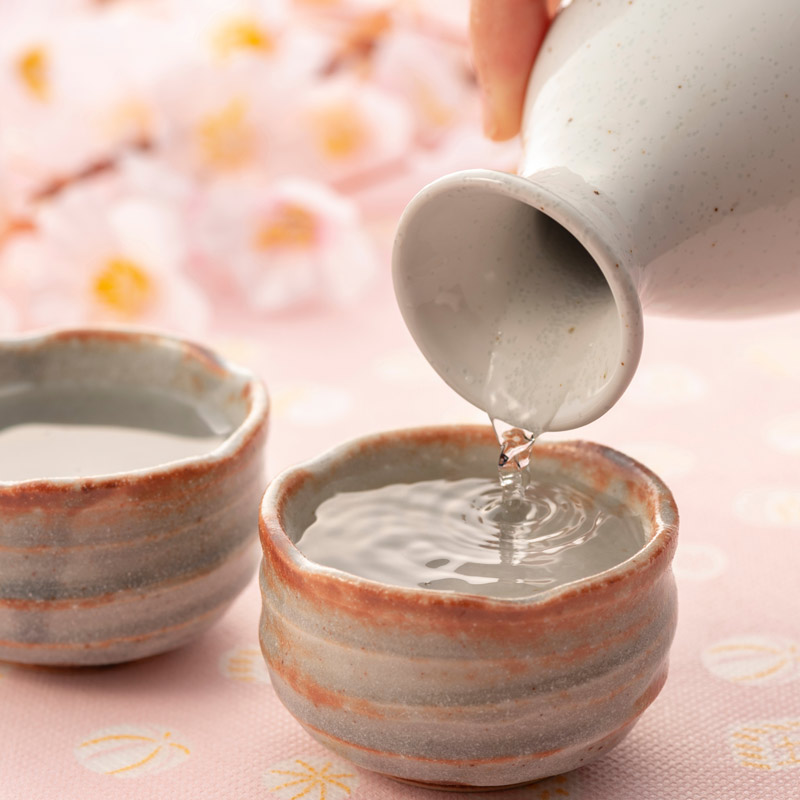
Japanese tea cups are also versatile and although the bowl may technically be referred to as a ‘tea cup’ they can have other uses, depending on the shape and size, for example as a sake cup or as a rice bowl.
Whichever style of vessel you use, enjoying the taste, aroma and soothing properties of the tea is always important and a good Japanese tea cup will help you do this.
As a note, saucers are not particularly common in Japan and it is more likely to resemble a wooden or ceramic coaster. Often it’s used as a small plate to serve cakes or other sweets, or these days if your beverage has been made with a teabag, you can use it to deposit the used teabag and your teaspoon.
Types of 'Chawan'
Chawan is the overall name for Japanese teacups literally meaning ‘tea bowl’.
There are different types of Japanese chawan, mostly defined by their shape and particular use. Below is a summary of some of the most common styles.
Yunomi
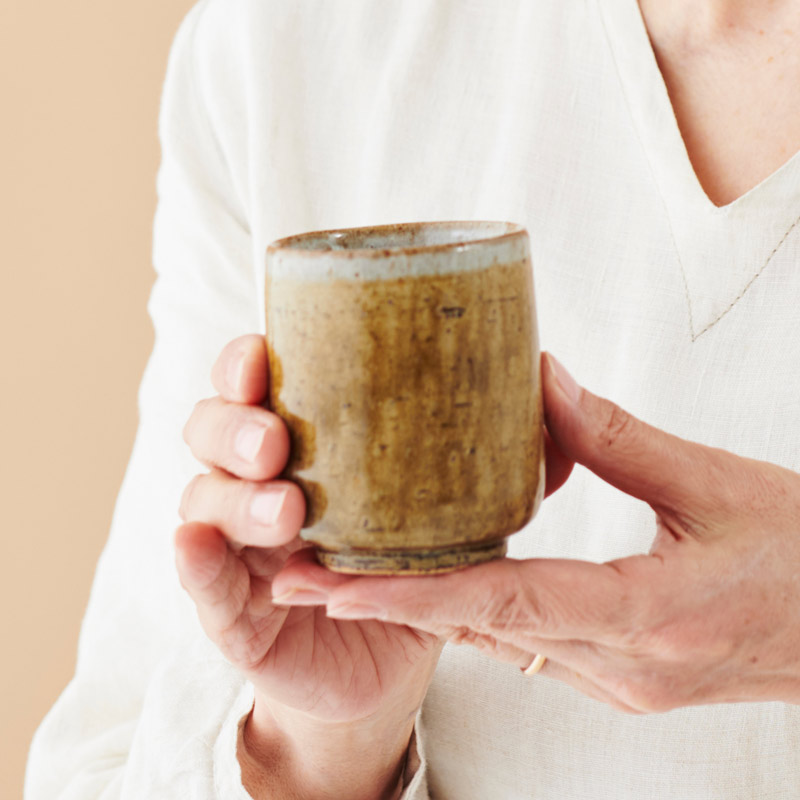
Yunomi is an informal, straight sided or rounded cup meant for everyday tea drinking, maybe at home or in a restaurant. These teacups can be quite large in size and are used for drinking hot and cold beverages like Japanese green tea or roasted black teas. They might also be used for drinking coffee, sake, wine, spirits or simply water.
Kumi-dashi or Senchawan
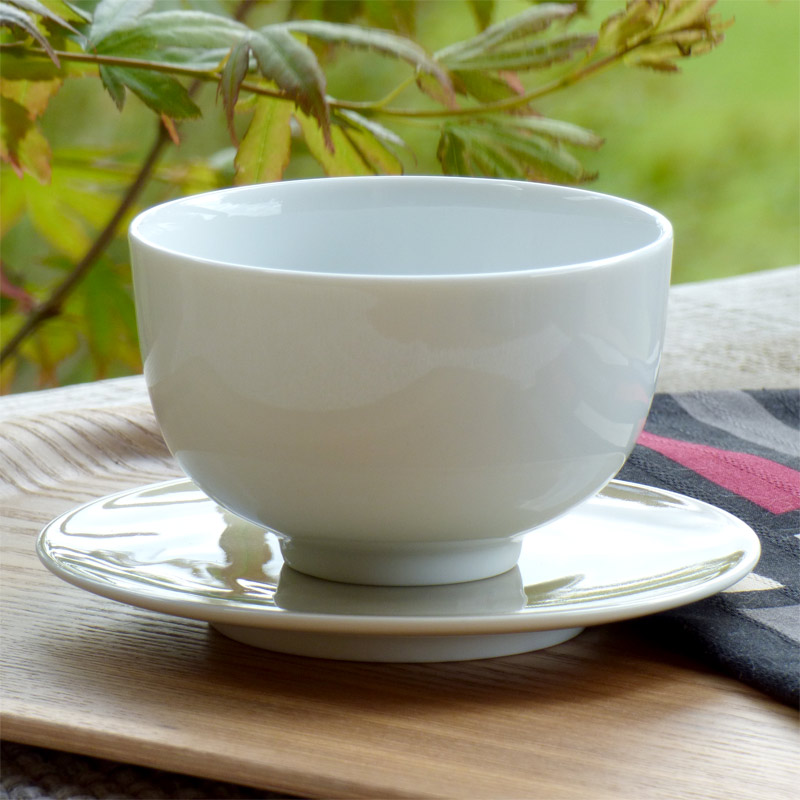
A kumi-dashi cup, sometimes called a senchawan, is wider and not as tall as a yunomi style cup. They’re usually made from smooth white porcelain and used for high quality teas. The wide shape and light ceramic means you can enjoy the natural colour, clarity and aroma of the tea. It has a more refined feel than the yunomi and is good for serving to guests.
Soba-choko
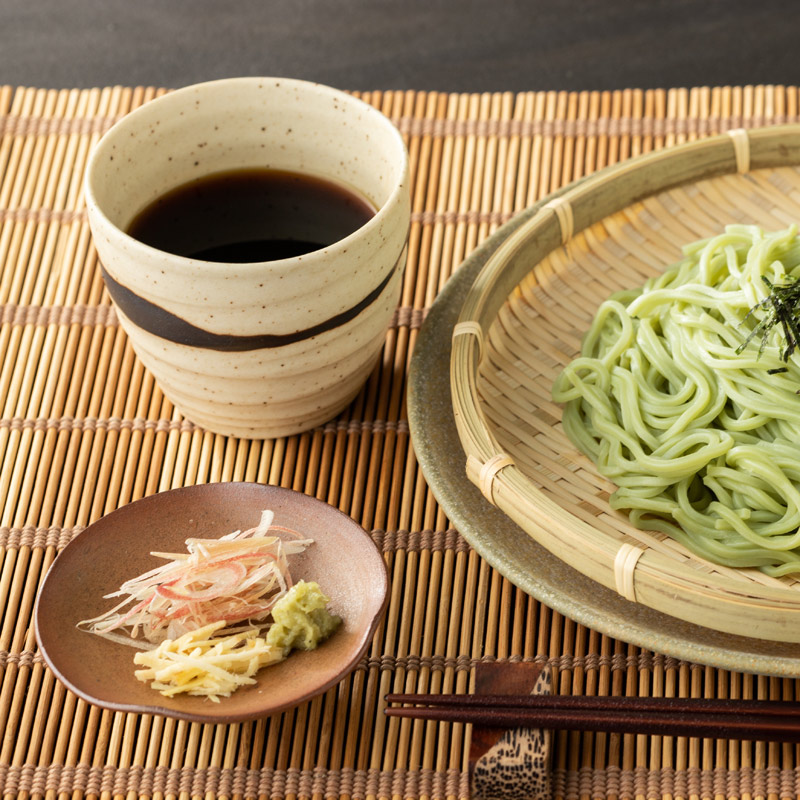
Soba-choko is a small bowl for holding the dipping soup that goes with soba noodles. However it’s also used as an informal cup for drinking tea and sake too.
Matchawan
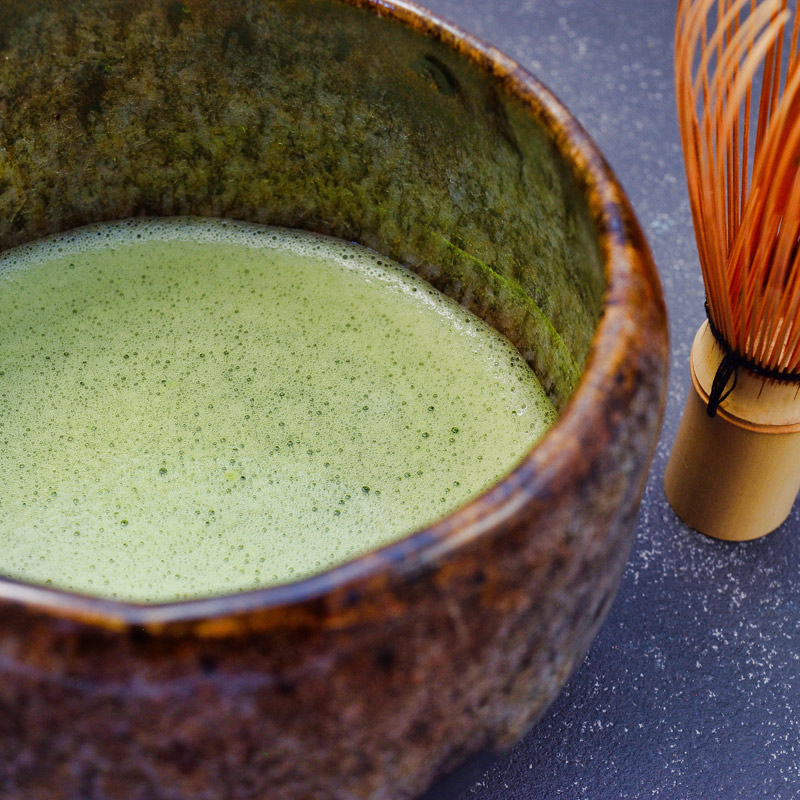
Matchawan or ‘matcha bowl’ is a larger vessel used for preparing and drinking matcha tea during the Japanese tea ceremony. Matchawan often have a rustic hand-crafted look and many of them are made from traditional earthenware. This is because the matcha tea must be whisked, using a bamboo chasen, into a frothy liquid and the slightly rough surface of the earthenware vessel makes this easier. It would be much harder to achieve this consistency in a smooth porcelain bowl.
Hira-chawan
Hira-chawan are a version of the matchawan more commonly used in hot summer conditions. They are wide, flat and shallow and used for whisking and drinking the matcha tea. The shallow design of the bowl means that the tea will cool down quicker and be more refreshing to drink in warmer weather.
As with many things in traditional Japanese culture, this may seem like a baffling array of drinkware with specific uses - and this isn't all of them by any means! However, the cups and styles that you choose should always come down to personal taste and, so long as you are enjoying and appreciating your tea break, then you definitely have the right cup.


